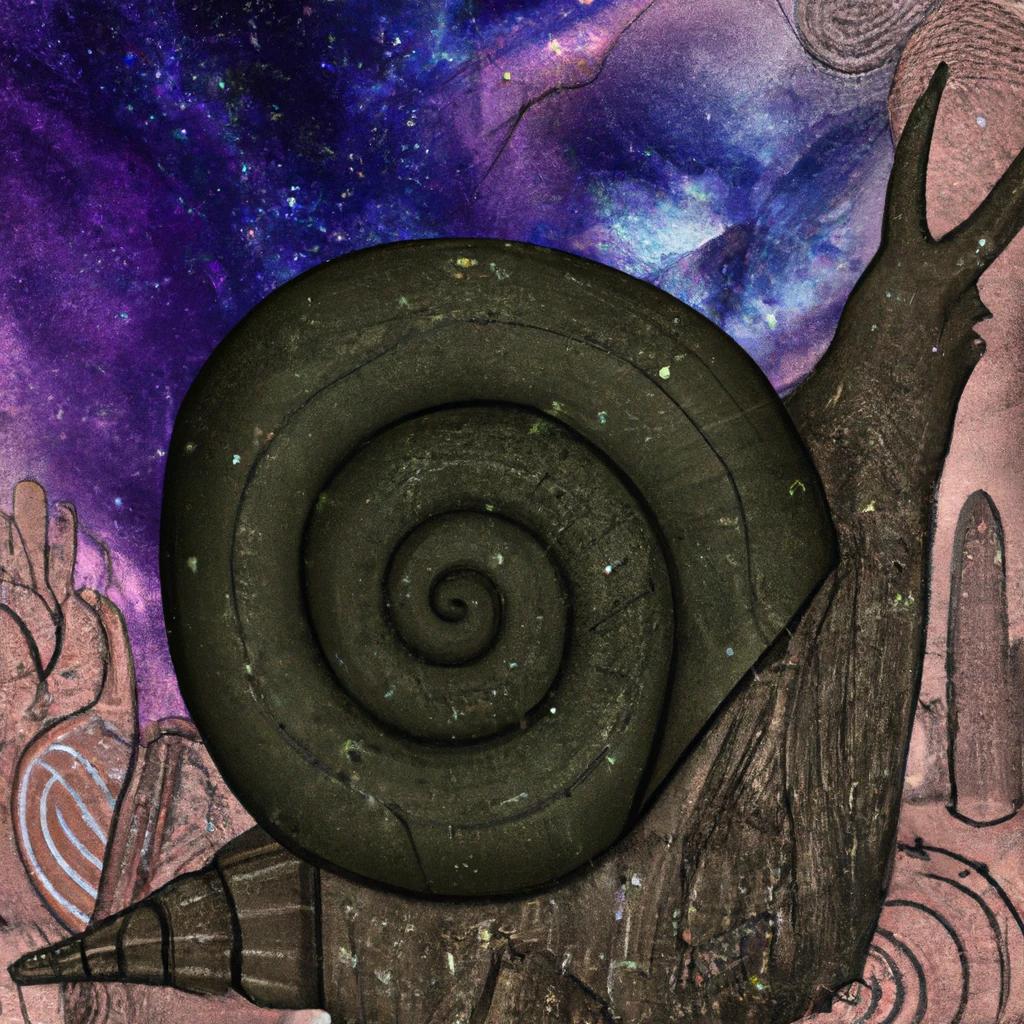-
Posts
1,088 -
Joined
-
Last visited
-
Days Won
168
Content Type
Profiles
Forums
Events
Blogs
Gallery
Store
Everything posted by wachumacallit
-

Drug Bros and Their Toxic Hypermasculine Culture
wachumacallit replied to Starward's topic in Chill Space
^ I'd say so too. Most of the folks I've dealt with here, and in person, have become terrific allies. Once in a while I've been ripped off too -- rarely, in my experience. There's a problem in public perception, when the ABC goes directly to a couple of egregious hustlers and entrepreneurs for its information, rather than say APS or Entheogenesis Australia. -
I signed up twice, once probably 2 years ago, and more recently. Still waiting ...
-
Probably the last person I'd take legal advice from would be a commercial scale cactus grower on FB. Self-appointed deputies of the DEA, like eBay Inc., are always (or at least, sporadically) making it tougher to sell these plants online in Oz. The fact that the plants may be legal in your state for ornamental and horticultural purposes, makes no difference to the multinational juggernaut. I know of at least one peyote grower in Melbourne who's moved their entire venture over to Gumtree. They don't seem terribly happy with the situation either. That said, plenty of high-volume sellers sitting pretty on eBay, evidently without fear of being de-listed for drugs policy violations. Meanwhile, I'm still waiting on approval to join the FB trichocereus auctions group ... otherwise I signed up to FB for nothing. Two (potential) developments make me somewhat anxious about legal status. Firstly, certain entrepreneurial folks making a big noise about mescaline-containing cactus in the Oz mainstream media, and online. This strategy seems short-sighted, and potentially counter-productive to the goals of a broader community. Secondly, any pending TGA application for therapeutic mescaline (synthetic or otherwise) would provide a financial incentive for a crackdown on home gardeners. It's a grey area, to say the least. But maybe it's better that way?
-

Phalaris aquatica - roo killer?
wachumacallit replied to wachumacallit's topic in Australian Native Plants
http://flockandherd.net.au/sheep/reader/phalaris-staggers-II.html ^ Some interesting info here. The effect on livestock appears to be seasonal (could indicate alkaloid levels?): https://agriculture.vic.gov.au/support-and-resources/newsletters/sheep-notes-newsletter/autumn-2021/perennial-ryegrass-staggers-and-phalaris-staggers. I've also read that new growth, immediately following rain in an otherwise dry season, poses the greatest risk of Phalaris poisoning. https://www.dmt-nexus.me/forum/default.aspx?g=posts&t=69669 ^ Another good page. Looks like Phalaris is sold as a livestock crop to Oz farmers, without much regard for native wildlife. Risk to cattle and sheep is perceived as minimal: https://naracoorteseeds.com.au/wp-content/uploads/2021/01/Australis-Australian-Phalaris.pdf And this page names a couple of "low alkaloid" Phalaris strains: https://npvets.com.au/wp-content/uploads/2023/11/Phalaris-Staggers.pdf (without indicating which tryptamine alkaloid is responsible for Phalaris poisoning). I've heard rumour of a low-gramine Phalaris aquatica cultivar, for human consumption. -

Phalaris aquatica - roo killer?
wachumacallit replied to wachumacallit's topic in Australian Native Plants
Good question. I'd assumed gramine (not DMT) to be the toxic alkaloid, as gramine can be lethal in mammals. I'm more intrigued by the use of cobalt to counteract its effects? -
https://au.news.yahoo.com/the-silent-roadside-threat-thats-killing-our-kangaroos-a-shocking-way-to-die-065733742.html Cobalt combats toxicity?
-

Drug Bros and Their Toxic Hypermasculine Culture
wachumacallit replied to Starward's topic in Chill Space
I relate toxic masculinity more to hydroponic black-market weed syndicates -- bogan wannabe mobsters. The blokes I knew in that scene aggressively disrespect plants, women, ecology, and anything that resembles a "woke" minority. It's scary. Boozy environments can also be pretty toxic, if you expand your definition of drugs/plants. Social media has only amplified general ignorance, tragically. That said, I can think of at least one high-profile male entrepreneur in the Oz psychedelics space who probably fits the bill. -
https://archive.is/yT1Wc
-
Nice fat, established clone. Unknown genetics, cloned from a plant supplied by a SA grower at least 10 years ago. Due for a repot. Open to reasonable offers, including trade/barter. Thanks for looking!
-
Established clones of a favourite cultivar -- clones of a mother originally purchased as a seedling in Nimbin, around 20 years ago. Mature growth often spineless, with striking (almost iridescent) blue hues. These two are due for a repot. Limited number available. Message me if interested.
-
Similar but different to Super Pedro and Cordobensis clones I've encountered. Some kind of scopulicola hybrid? Grows fast and fat. Handsome columnar variety with modest spines and occasional melt. Tips were cut about a month ago, calloused heels ready for immediate planting. 20cm and 30cm cuts, with some scarring, as pictured. Message me if interested.
-
If there's a FB group moderator out there ... I just bit the bullet and joined FB, purely in order to join your group. I tried this once before, about 2 years ago, and still haven't got any response! Please message me if you can help. Thanks.
-
In such times as these, feel free to wear your "mental illness" as a badge of honour. No apology needed, as far as I can tell.
-
Didn't notice any around Daylesford (VIC) a few weeks ago, but it's been cold and wet since then.
-
OK band, amazing music videos ...
-

Macrogonus, Macrogona or Peruvianus
wachumacallit replied to Wood Chuck's question in Cactus & Succulent Identification
Last I checked, both T. peruvianus and T. pachanoi were (officially) considered subspecies of T. macrogonus. Isn't "macrogona" simply the plural form of "macrogonus" -- essentially one and the same classification? -

How rare is a 4 Wind Trichocereus Bridgesii or Pachanoi
wachumacallit replied to Starward's topic in Cacti & Succulents
It's far more common among scopulicola varieties, in my collection. Less consistently, I will occasionally find bridgesii (and hybrids) with 4-ribbed columns. I don't think I've seen a 4-ribbed pachanoi or peruvianus. Some plants exhibit this tendency from seedling stage. Others seem to be just freak occurrences. SayN sent me a 4-ribbed Eileen pup that quickly reverted to 5. A westerner would be hard pressed to explain the "special" medicinal properties of a 4-ribbed structure. "Placebo" effect? -

Effective Alternatives To SSRI's
wachumacallit replied to Starward's topic in Pharmacology, Chemistry & Medicine
Researchers were trialling psilocybin for treatment-resistant depression in Oz, it's probably in the pipeline. I'm not sure where things stand at the moment, psilocybin was prohibitively expensive when first approved by the TGA (for PTSD?) The new ketamine substitute -- non-psychedelic, I assume -- will be on the PBS, costing tens instead of thousands of dollars. But yes, even a GP consultation is prohibitively expensive these days. Big Tech Broligarchy is always looking for a new Soma to dispense to the huddled masses. -

Effective Alternatives To SSRI's
wachumacallit replied to Starward's topic in Pharmacology, Chemistry & Medicine
https://www.abc.net.au/news/2025-04-28/ketamine-nasal-spray-added-to-pbs-for-depression-treatment/105217432 -
Interesting weed that popped up in my garden. All plant parts are said to be poisonous, but some intriguing medicinal potential, according to this page: https://hort.purdue.edu/newcrop/duke_energy/Euphorbia_lathyris.html The L isomer of dopa [3-(3, 4-dihydroxyphenyl) alanine] is said to occur at 1.7% of the fresh weight of the latex. L-dopa is used for symptomatic relief of Parkinson's disease, and is said to have produced some astounding rejuvenating effects, inducing priapism, on some senile males who took it. Leaves contain quercetin, quercetin-3-b-D-glucuronide, kaempferol, kaempferol 3- glucuronide, b-sitosterol, p-coumaric acid, and ferulic acid. Stalks contain hentriacontane, taraxerone, taraxerol, b-sitosterol, and betulin. The energy-promising latex contains 0.5% 3,4-dioxyphenylalanine. Sachs et al. (1981) got 6.2% rosin content (hydrocarbons) in nonirrigated, compared to 4.4% on irrigated plots. The benzene extract of the leaves is said to contain 0.1% (% of plant dry weight) rubber, and 0.2% wax; the acetone extract 13.7% glycerides, 2.2% isoprenoids, and 8.3% other terpinoids. The acetone extract of the seeds contains 40% glyceride. Per 100 g, the seed is reported to contain 15 g protein and 40–47.5 g fat. Seed contain b-sitosterol, 7-hentriacontane, and daphnetin (List and Horhammer, 1969). I predict that if all plants are studied in detail, they will be found to contain both carcinogens and antitumor or cytotoxic compounds. This one contains the antitumor compound b-sitosterol and the cocarcinogen ingenol-3- hexadecanic acid ester (C36H58O6).
-

Website/forum fundraiser - Jourdaniana graft - auction
wachumacallit replied to wachumacallit's topic in Seed & Plant Swaps
Congratulations and thanks to misteek, thanks also to Starward and Trip and everyone else who supported this. -

Zelly's trich crosses, got pics? post here please
wachumacallit replied to mushroomman's topic in Cacti & Succulents
^Good question! According to this reddit, "Zelly" genetics = hybrids of scopulicola x red grandiflorus, with potential for red, pink or white flowers.










